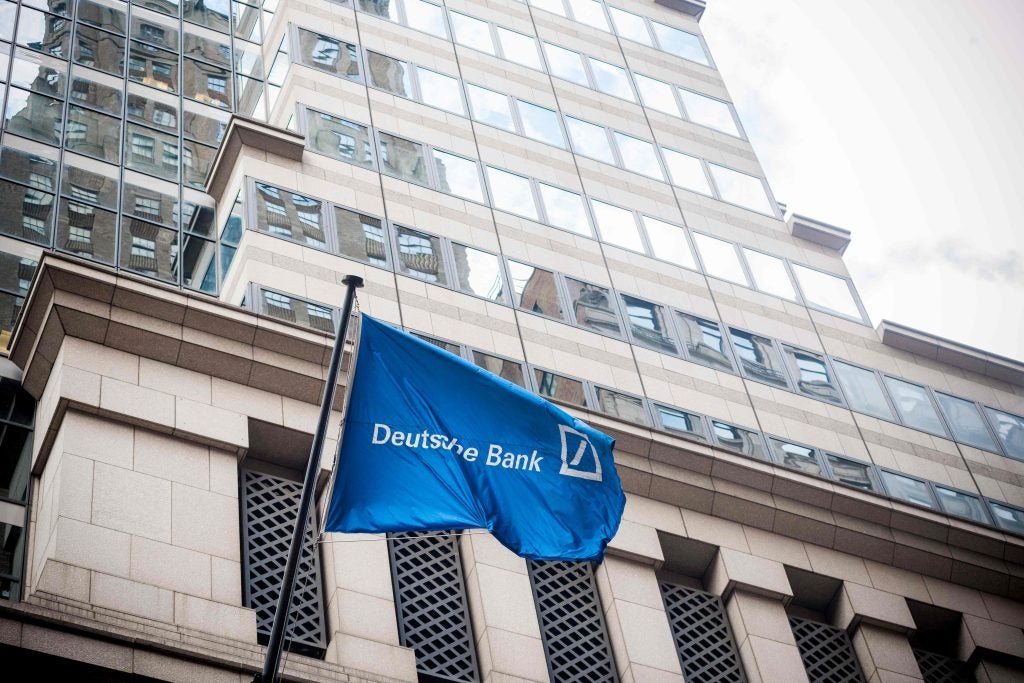Since robo-advice emerged almost a decade ago, there has been a lot of activity in the digital investment world. Some robo-advisers have cemented themselves in the industry, some have fallen short and been forced to close, and some are playing catch-up. As a new decade begins, the fact remains that regardless of how fancy the software, only the most consumer-focused and innovative platforms will actually flourish.
The global leader in the market by assets under management (AuM) is Vanguard’s Personal Advisor service, boasting AuM of over $100bn, followed by Schwab Intelligent Portfolios with over $40bn in AuM.
Irrespective of the size of the North American market and the support of the existing customer base, the region’s robo products stack up well, offering lessons for others looking to offer automated investment services. Offering low fees, hybrid services, and a wide range of accounts is paramount for success. Both players have doubled up on their digital investment platforms too, catering to different affluent groups to reach out to more clientele. Not to mention, Charles Schwab was one of the first to introduce a subscription service as opposed to fees in order to aid consumers’ personal finance management.
Although there are some success stories in traditional players, the majority are lagging behind the independent players regarding innovation and customer experience.
According to our 2020 Global Wealth Managers Survey, over 60% of wealth managers agree that their main competition comes from new business models such as robo-advisers and that the digital platforms of startups provide better user experiences. Independent robo-advisers are putting pressure on the traditional players, and learning from the leading startups will be truly beneficial for all players in this space.
For example, Wealthfront and Betterment not only provide cheap investment services, but they have expanded their brands to begin offering cash and savings accounts for consumers. This is crucial in a recession, when ultra-safe assets become more attractive to investors. Wealthfront is going a step further and also providing borrowing options, encroaching even more into bank territory. These launches have boosted their signups and income, as customers can now go to these brands for more than just investments, coupled with a great user experience. Both these companies have amassed over $20bn in AuM since launching following the 2008 crisis. And across the pond, Nutmeg’s success as the leading UK robo-advisory can be credited to its broad product range, which now includes partnerships with life insurance advisers and mortgage brokers, something that many others are yet to explore.
The COVID-19 pandemic has only increased the importance of technology in the wealth world, to the benefit of robo-advisers. However, simply producing a digital investment platform for the sake of being in the game will not be enough. At the base of your products should be low fees and a technically sound customer experience. Then, growing services to go beyond general investment accounts will keep consumers’ heads from turning away to competition that offer more and encourage retention.









